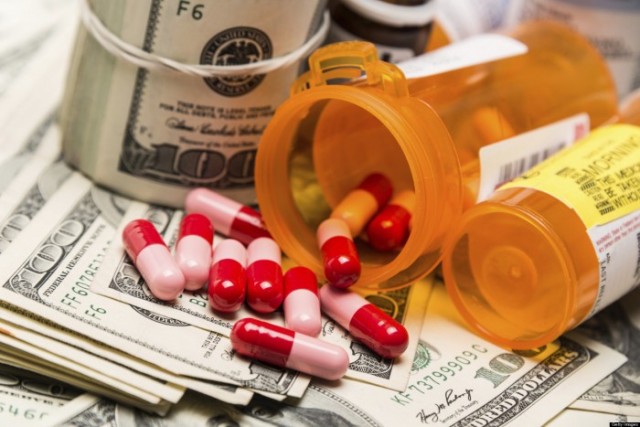
Lawsuits aren’t fun.
(Article republished from AlexBerenson.Substack.com)
At best they’re draining and distracting - especially against big companies with tough legal teams. (Trust me.) Federal courts have now raised the bar even to reach the “discovery” phase of suits, where plaintiffs can see documents relevant to their claims.
No, lawsuits aren’t fun. No one sues a Fortune 500 company for kicks.
But sometimes they are necessary. Except, apparently, when it comes to vaccines1.
In its infinite wisdom, in 1986, Congress passed a law making it nearly impossible for any American to sue pharmaceutical companies over vaccine injuries. Instead, it routed all claims to a special federal court program that would judge possible injuries on a “no-fault” basis and compare them to a prespecified list of injuries.
—
(You know what else is necessary? The truth. Yours, for less than 20 cents a day._
—
In 2011, the Supreme Court affirmed and even strengthened the protection that the 1986 law gave Big Pharma, ruling that it prevented any lawsuits over “design defects” in the vaccines it covered.
In other words, as long as a drug company has issued boilerplate warnings about its vaccines, it essentially cannot be sued outside the vaccine court program unless it sells a contaminated vaccine batch.
The law covers any vaccine that the Centers for Disease Control has recommended for “routine administration” to children or pregnant women - that is, nearly all vaccines. (mRNA Covid jabs are for the moment covered separately, under a 2005 law about epidemic responses that offers even more complete immunity to Big Pharma. Eventually they are likely to move under the umbrella of the 1986 law.)
—
On principle, I think offering complete immunity to corporations is a mistake.
Tort lawsuits and plaintiffs’ lawyers can be annoying. They are also essential.
When companies cut corners on product design, when they hide problems or risks, when they mislead regulators (or buy them off with revolving door hiring), when they promote their products in blatantly false ways, lawsuits can be the only way to hold companies accountable. They’re a last resort, a way to get justice for defective or dangerous products from the Ford Pinto to Oxycontin.
And even the mere threat of lawsuits may force companies to consider whether they need to design their products better or disclose possible dangers.
—
(The Ford Pinto, unsafe at any speed!)

—
When the 1986 law was passed, its advocates said vaccines were an exception; they were a low-profit corner of the drug industry that needed special protection from lawsuits because they could occasionally cause children devastating injuries. Without immunity, we would have no vaccines at all, the law’s advocates argued. (I know some of you think this is a good idea; I don’t agree.)
But that in the years since, drug companies have fundamentally changed that calculus. New vaccines are far more expensive, and they are much more biologically complicated than earlier, simple “inactivated-virus” or “live-attenuated” vaccines. As their names suggest, those are basically just dead or weakened viral particles given with a small “adjuvant” to provoke an immune system response.
mRNA shots are the ultimate example of this, and the mRNA Covid jabs were not just profitable but among the most profitable Big Pharma products ever in 2021 and 2022. They also offer - at best - far less durable protection than traditional shots, making them more akin to a traditional pharmaceutical product than a vaccine that offers decades or a lifetime of protection.
Why on earth would we encourage their manufacturers to take chances with public health by protecting them from lawsuits?
—
(Don’t sue, subscribe!)
—
The 1986 law has outlived its usefulness. Maybe it should be repealed entirely. At a minimum, it must be revised so that it covers only the biologically simple and low-profit vaccines it originally did.
Otherwise Big Pharma will continue to try to stretch the definition of vaccines so that new products qualify for its protection, and the people they injure will have little or no recourse.
As importantly, removing the protection would send a strong signal that vaccines are not the quasi-holy relics their advocates claim - believe in science! Instead, they are (medical) products that need to be judged on their costs and benefits, like all others, and be subject to routine legal review, like all others.
Vaccines should produce immunity, not receive it.
And social media companies, but let’s not go there today.
Read more at: AlexBerenson.Substack.com
Please contact us for more information.




















